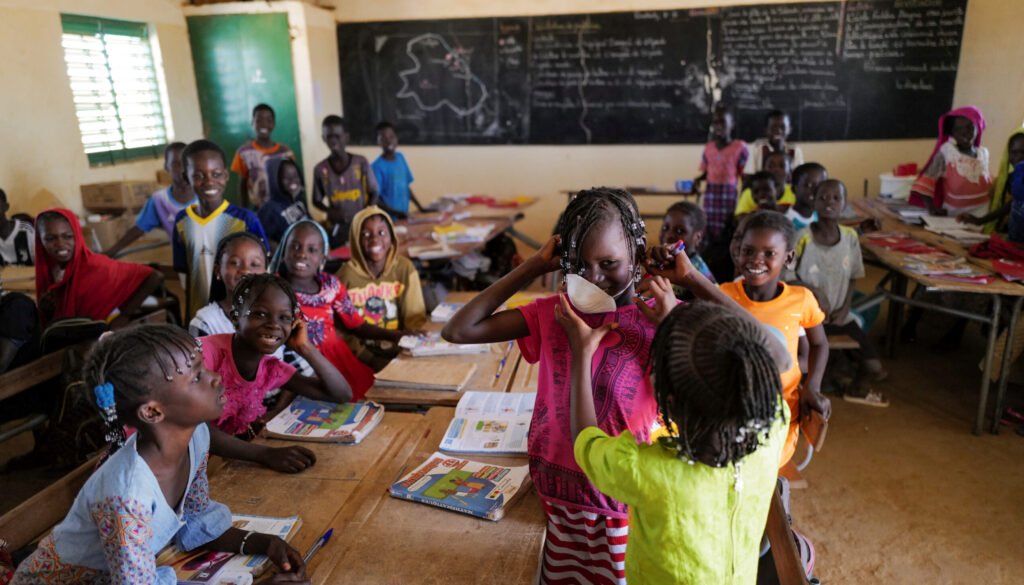
Helena Tendai Wilson
The COVID-19 pandemic continues to take its toll worldwide. The World Health Organization (WHO) reports that the number of people infected has exceeded two and a half million, with over one hundred & ninety thousand fatalities recorded around the world. The numbers keep growing and virtually all countries are affected.
In order to contain the spread of COVID-19, governments are resorting to extraordinary measures, based on WHO guidelines and lessons from other counties. Among these are provincial and national lockdowns. Zimbabwe, for instance, initially imposed a 21-day nationwide lockdown and extended again to May the 3rd 2020 amid fears that the lives of many will be disrupted.
Children, already a vulnerable demographic, have not been spared from these disruptions. The UN estimates that about 1.25 billion children world-wide are currently at home as a result of COVID-19 containment measures. The containment strategies put in place undermine some children’s rights including the right to play and engage in recreational activities, and the right to education enshrined in the UN Convention on the Rights of the Child (UNCRC). Schools had to close early, for instance, in order to curb the spread of COVID-19.
While it is inevitable that some individual rights are sacrificed during times of crises such as public health emergencies, it is imperative that everything is done to minimise the damage, especially on children. Some educational institutions instituted distance learning to ensure that children continue to learn from home, but this has its own challenges around resource-availability, time, skills and internet connectivity.
The task is now on parents and guardians to lessen the damage caused by the national lockdown. This should involve teaching children about COVID-19 and best practices to avoid infection. Such lessons will be handy even after the lockdown. Additionally, adults should create a home environment conducive for study. Sometimes, children are stimulated to read when they see their parents doing the same. Children may also be given regular tasks to complete. Discussions, puzzles, games, storytelling and watching educational TV or online programmes together serve the ends of good education.
Since children are spending most of their time at home, without having the privilege to engage in recreational activities, they may also end up being distressed and this may affect their level of concentration. This calls upon parents to be attentive to children and to offer psychosocial support whenever necessary. Moreover, physical activities are of critical importance and parents must ensure the children have at least an hour of physical everyday within the safe spaces.
In the long term, schools and the government should prepare for challenges of a similar nature by ensuring that all children have enough resources for learning from home. Schools may make provisions for library books and keep in touch with parents so that together they can make learning as smooth as possible. The government should work on regulations, and implement programs, which make internet and learning resources accessible to all.
Disclaimer
The opinions expressed in this article are solely those of the authors and contributors, and do not necessarily reflect those of RNCYPT, board of trustees, or the organization to which the authors are affiliated.

Good work on the article